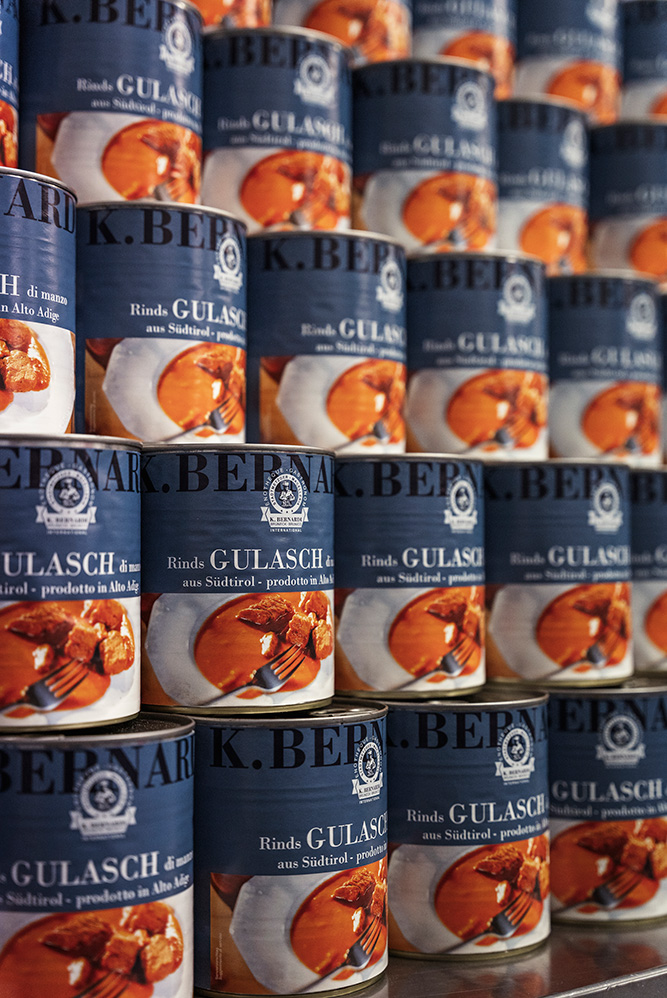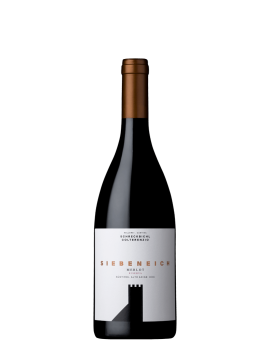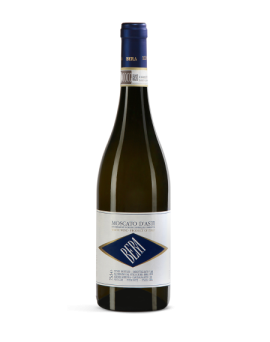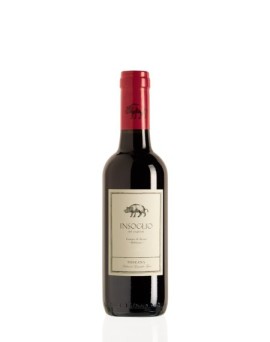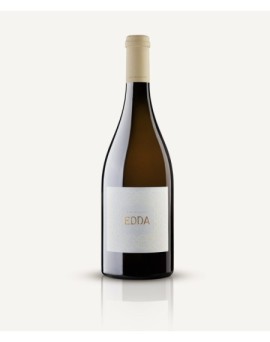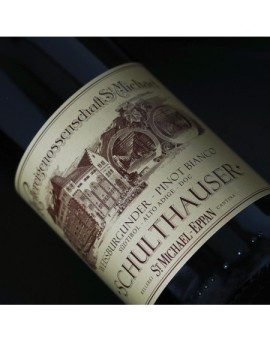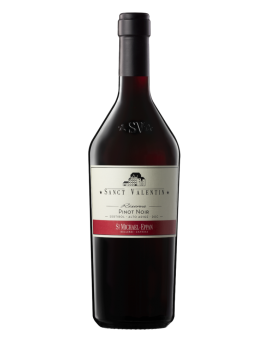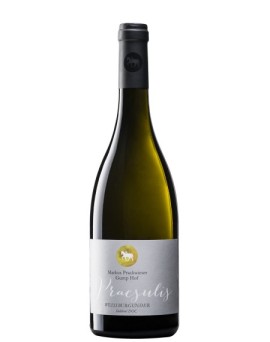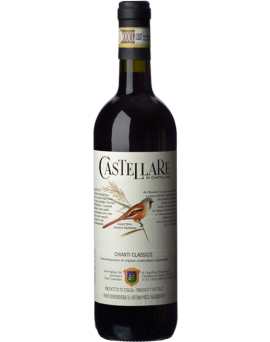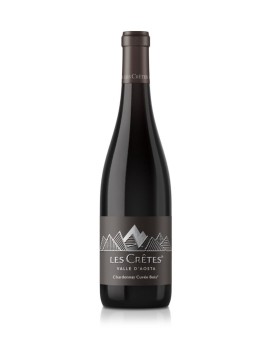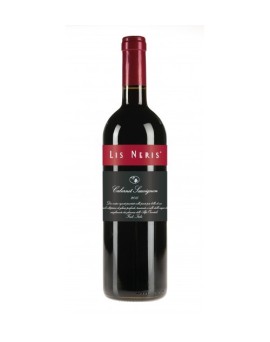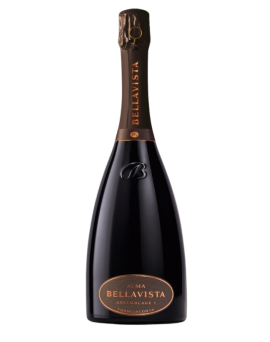Merlot DOC Ris. Siebeneich...
Description:<br />Aroma of fully ripe wild berries and dark chocolate. Very dense and complex with fine tannins. Elegant Merlot with very good ageing potential.<br />Ageing potential: 6 - 8 years.<br />Recommended food: Goes well with hearty roasted or grilled meats with root vegetables and spicy dark sauces, as well as game dishes and cheeses.<br />Serving temperature: 16° C.<br />Grape variety: Merlot. The grapes come from 20-year-old trellised vineyards with a planting density of approx. 5,000 vines/ha.<br />Sites: Sun-exposed slope. Extremely dry and heat-retaining quartz porphyry weathered soil that only allows low yields.<br />Vinification: Must fermentation at 28-30° C in stainless steel tanks. Gentle circulation of grape skins and juice is used to achieve optimal extraction of colour and extract<br />substances. Further ageing takes place entirely in small wooden barrels for about 12 months. After gentle filling and 12 months of bottle ageing, the wine is put on sale.<br />
Price
€19.00

